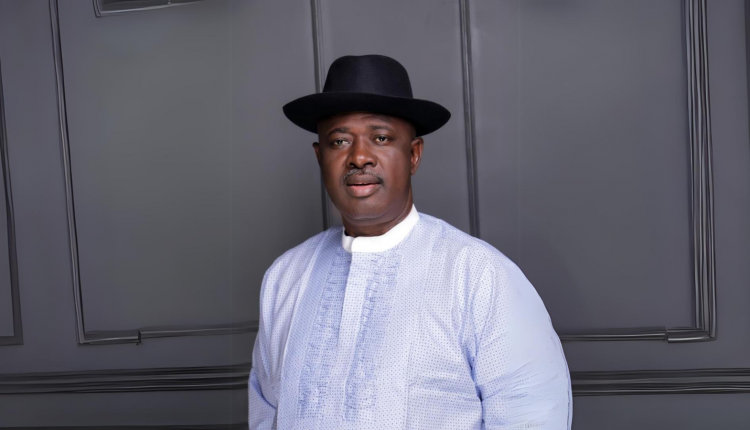Nigeria has reaffirmed its dedication to developing a petroleum industry that is open, stable, and welcoming to investors.
The pledge was made by Senator Heineken Lokpobiri, the Minister of State for Petroleum Resources (Oil), who spoke as President Bola Ahmed Tinubu’s keynote speaker at the Africa Energy Week in Cape Town, South Africa.
According to him, Nigeria is “open for business” and actively working toward regulations that give the oil industry’s long-term growth, efficiency, and investment first priority.
He emphasized that Nigeria is prepared to lead reform and development on the African continent in addition to taking part in the global energy market, stating that this meeting is more than simply a conference and that it is a call to action.
The Petroleum Industry Act (PIA), which offers investors a transparent and predictable fiscal and regulatory environment, is one of the bold policy measures put in place under President Tinubu’s administration, according to a statement signed by Senator Lokpobiri and his Special Adviser on Media and Communication, Nneamaka Okafor.
He pointed out that the PIA has established a fair contractual structure, enhanced regulatory supervision, host community involvement, and license transparency.
The Minister stated, “The legal, regulatory, financial, and structural transformation we are delivering is what makes Nigeria different now.”
There are indications of a robust rebound in Nigeria’s upstream sector. Production of crude oil has increased to between 1.7 and 1.83 million barrels per day since the October 2024 beginning of the “Project One Million Barrels” initiative, with a significant rise of 300,000 barrels per day in July 2025 alone. A further indication that reforms are generating value in the industry is the fact that there are now 50 operating drilling rigs, up from 31 in January 2025.
The Minister said that the recent asset sales by International Oil Companies (IOCs) had opened up more than $5.5 billion in Final Investment Decisions (FIDs) in a matter of months.
“These are not merely asset transfers; they are also transfers of ownership, capability, and confidence,” he said. The national production has already increased by almost 200,000 barrels per day as a result of the divestitures.
Regarding the larger African context, Senator Lokpobiri urged the continent to prioritize infrastructure, industrial development, and localized value chains in order to extract greater value from its petroleum resources.
He called it a lost chance for economic development, pointing out that Africa spends more than $120 billion a year on hydrocarbons, mostly through imports.
He emphasized that Africa has around $4 trillion in domestic wealth, including insurance and pension funds, and pushed for greater intra-African cooperation and funding. “The question now is not whether there are funds available, but rather how we can use them to make profitable investments on our continent,” he stated.
In his remarks, the Minister urged equity and balance in the global energy discussion.
He maintained that the focus should be on a varied energy mix rather than the depletion of any resource. He emphasized that the availability, affordability, and accessibility of all energy sources should be the main priorities.
He emphasized that while developing a diverse and sustainable energy base, Nigeria, like other countries, will continue to use its oil resources wisely.
Nigeria’s position as Africa’s top energy player was reiterated by Senator Lokpobiri.
He said, “We are providing opportunities at scale, reform with consistency, incentives with clarity, respect for local participation, and a modernizing vision with purpose.”
He directly invited international investors to visit Nigeria. Take part in the revolution in energy.
Nigeria is forging a daring course for Africa’s energy future with robust reforms, lofty goals, and an open-door policy.

